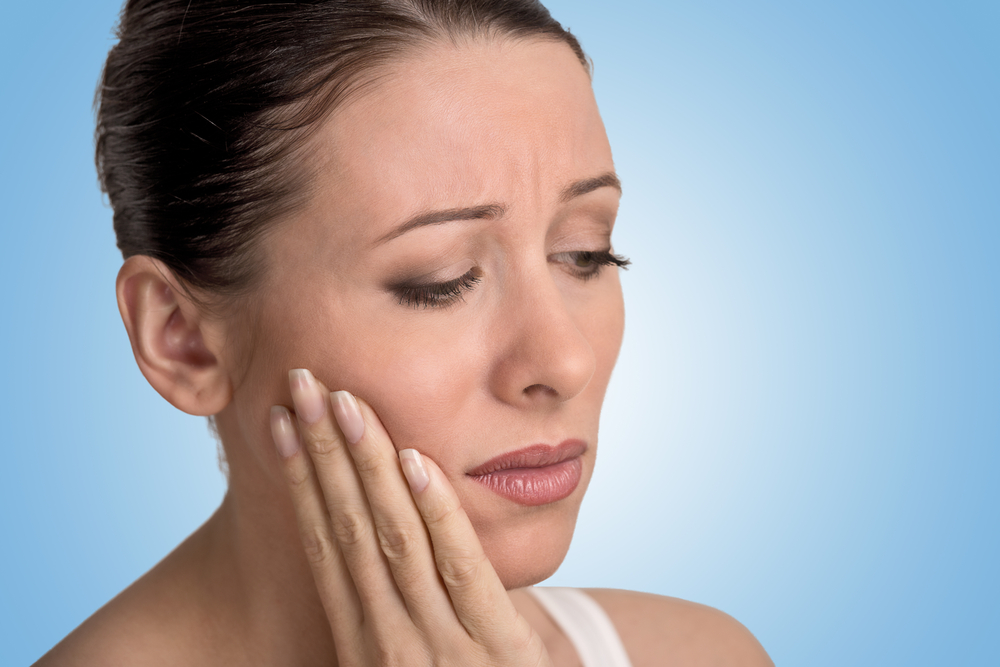Night guards are commonly recommended to protect the teeth from grinding or clenching (bruxism), especially in people suffering from TMJ dysfunction. While these devices are effective at minimizing tooth wear, many patients report a surprising side effect: worsening jaw pain after starting to use their night guard. If this sounds familiar, you’re not alone—and there’s a solution that goes beyond adjusting your dental appliance. Physical therapy for TMJ can help address the muscle irritation that often causes this discomfort and provide long-term relief.
Why Does My Jaw Hurt After Using a Night Guard?
Though night guards are designed to help, they don’t always address the full picture. TMJ (temporomandibular joint) dysfunction is not just a problem of the joint—it often involves the surrounding muscles, ligaments, and posture. When you introduce a new oral appliance, like a night guard, it can shift your bite slightly or change the way your jaw muscles engage during sleep. This subtle change can lead to overactivation or irritation of the jaw muscles, especially the masseter, temporalis, and pterygoid muscles.
If the muscles are already tight, sensitive, or inflamed, the night guard may exacerbate the issue by placing more demand on an already stressed system. The result? You wake up with more pain than you went to bed with.
How Physical Therapy Can Help
This is where physical therapy for jaw pain becomes incredibly valuable. Rather than simply focusing on the teeth or the joint itself, physical therapists assess the entire jaw-neck complex, identify muscular imbalances, and provide targeted treatment to reduce pain and restore function.
Here’s how physical therapy can help relieve jaw pain associated with night guard use:
1. Muscle Release and Tension Reduction
Physical therapists use manual techniques, such as trigger point release, soft tissue mobilization, and even dry needling, to reduce tightness in the overactive jaw muscles. This directly decreases pain and allows the muscles to relax more naturally—even when you’re wearing your night guard.
2. Improve Jaw Mechanics
If your bite has shifted slightly due to the night guard, it may change the way your jaw opens or closes. A TMJ-trained physical therapist can guide you through exercises that retrain your jaw mechanics to move symmetrically and efficiently.
3. Correct Posture and Alignment
Forward head posture and poor cervical alignment can contribute to muscle tension in the jaw. Addressing your posture with guided stretching and strengthening helps reduce jaw strain over time.
4. Education and Home Strategies
You’ll learn techniques to manage flare-ups at home, including jaw stretches, self-massage, and relaxation strategies to reduce clenching and tension.
Don’t Ditch the Night Guard—Treat the Root Cause
While it may be tempting to stop using your night guard if it causes jaw pain, that often just masks the deeper issue. Instead, consider pairing it with physical therapy for TMJ to address the underlying muscular irritation and restore comfort.
If you're not experiencing discomfort from a night guard but are looking for more information on TMJ dysfunction as a whole, take a look at our overview blog post: Understanding TMJ Dysfunction and How Physical Therapy Can Help.
If you’re searching for jaw pain relief or physical therapy for jaw pain, we’re here to help. Our team specializes in conservative, hands-on treatment for TMJ dysfunction to help you wake up pain-free—and stay that way.



